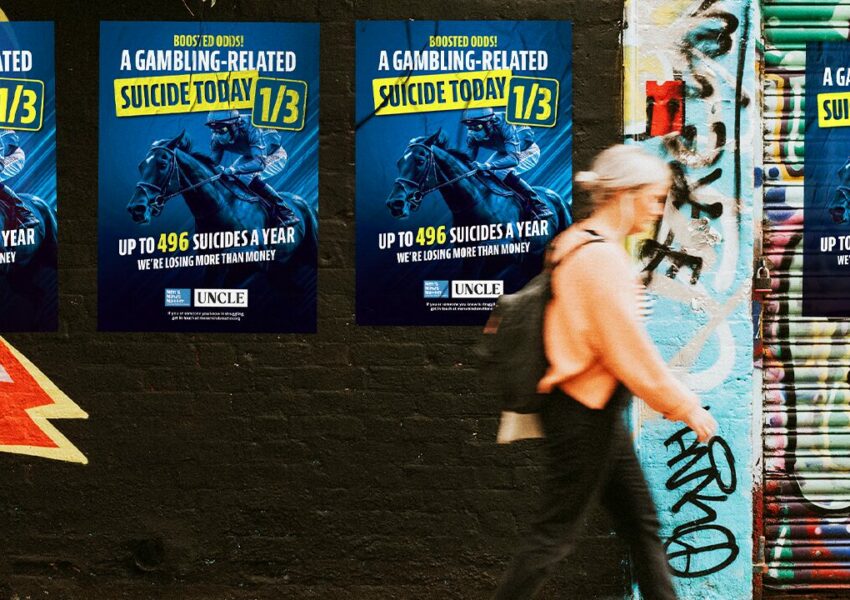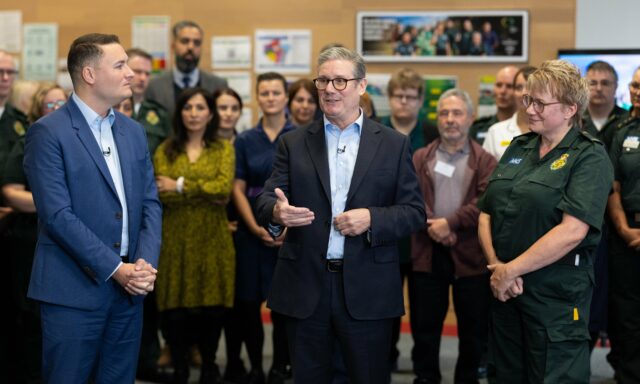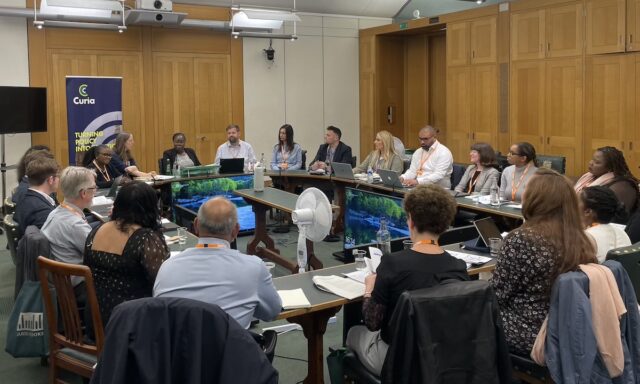
NHS gambling clinics have experienced a rise of 130% in referrals in a year, leading to a large increase in the number of support locations.
It is believed that the escalation in cases is linked not only to the increasing availability of gambling opportunities but also to the growing recognition of gambling addiction as a serious mental health issue.
To meet demand, NHS England has doubled the number of clinics available nationwide, from 7 to 15, providing greater access to care and support.
Health service figures show that from April to September 2024, 1,914 people were treated at NHS gambling clinics. This compares to the previous financial year when a total of 1,389 patients were cared for. In 2022-23 this number was 1,013, and in 2020-21 it was 775 patients.
Link between gambling and mental health
Gambling addiction is increasingly recognised as a dual diagnosis issue, meaning it often occurs alongside other serious mental health conditions, such as depression, anxiety, and other psychological disorders. Other examples of dual diagnosis issues include depression and alcohol addiction, and anxiety and prescription drug addiction.
Research has shown that people with gambling problems are more likely to experience significant distress, often feeling trapped in cycles of behaviour that impact their personal, professional, and financial lives.
This dual diagnosis creates a complex challenge for health professionals, who must address both the addiction itself and the mental health issues that frequently accompany it.
NHS gambling clinics are staffed with multi-disciplinary teams (psychologists, therapists, psychiatrists, mental health nurses and people who have recovered from gambling addiction) that not only focus on the addiction but also on the associated mental health problems. This approach has proven to be effective in helping people break free from the cycle of addiction, with treatments that address both the physical aspects of addiction and its emotional and psychological toll.
Rise in gambling addiction
According to figures from the Gambling Commission, some 138,000 people could be problem gambling and a further 1.3m people are engaging in either moderate or low-risk gambling.
Between April 2022 and March 2023, the UK gambling sector achieved a gross gambling yield (GGY) of £15.1bn, an increase from £6.3bn in 2013. This growth has been driven by the expansion of online gambling, with the number of active online gambling customer accounts in the UK rising from 16.5m in 2012/13 to 36.5m in 2022/23.
As part of its targeted strategy, NHS teams are helping families understand the nature of gambling addiction, providing tools for emotional support, and creating resources for those who need them. This not only assists in the individual’s recovery process but also promotes better family dynamics and coping strategies.
Claire Murdoch, NHS national director for mental health, said: “Addiction is a cruel disease that can take over and ruin lives. NHS England has almost doubled the number of specialist clinics available in the space of a year, so if you or someone you know is struggling with gambling addiction please come forward.
“The NHS cannot be left alone to pick up the ills caused by firms engaging in activities that fuel addiction – these companies should think hard about the potential harms to people behind their profits.”
Changes to legislation
In 2025 a number of legislation changes are set to be implemented to provide better protection for those at risk of addiction. Included in this are:
- Financial risk checks for those with £150+ net deposits over 30 days, down from £500+
- Remote game design requirements that include a minimum game speed of five seconds for non-slot games, a ban on autoplay features across all online gambling products and mandatory display of net spend and net time information for casino games
- A new mandatory levy imposed on gambling operators to fund research, prevention and treatment of gambling-related harms – expected to generate £100m annually. Some 50% of this will go to the NHS, 30% to prevention efforts and the remainder to research
A key part of these kinds of policy changes is the recognition that gambling addiction is a chronic condition that can have long-lasting effects on an individual’s life, similar to other forms of addiction. Therefore, the focus is not only on treating the immediate problem but also on providing long-term care to prevent relapses.
If you or someone you know is struggling with gambling addiction and its impact on mental health, support is available. In England, you can reach out to GamCare for free, confidential advice and support via their 24/7 helpline at 0808 8020 133 or through live chat. For those under 25, BigDeal offers tailored support. The NHS Northern Gambling Service and Gordon Moody also provide specialist treatment options. Remember, help is available, and you’re not alone.



